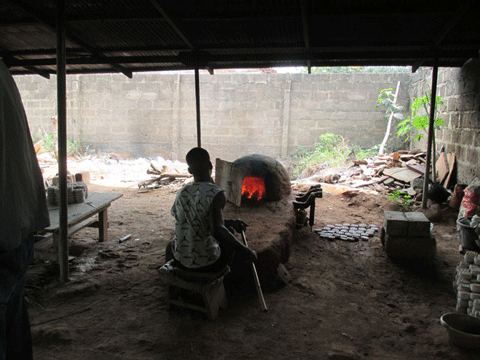
Research objective
To clarify the complex processes of interrelating and coupling forces acting on sites of global environmental problems using interdisciplinary and transdisciplinary methods. Specifically, to realize a new interrelationship between humanity and nature for a sustainable future society by including the role of culture in its scope.

Mission
The Anthropocene is an era of crisis wherein increased human activities show worrying signs of a large-scale catastrophe in the global ecosystem. A scientifically proven universal conceptualization that transcends individual societies, cultures, and values is essential to recognize this crisis accurately and respond effectively. The increasing concentrations of greenhouse gases such as carbon dioxide and the rapid clearing of tropical rainforests, which serve as treasure troves of biodiversity, are urgent issues that should be recognized and addressed globally.

However, such universal conceptualizations have become dogma at sites of global environmental problems, scientism and technologism (the worldview that science and technology can solve all problems) has reigned supreme, and conflicts occur without respect for the knowledge and values of the people living in local communities. Cultural perspectives, in a broader sense, whereby a new relationship between humans and nature can be built, need to be incorporated into these global environmental problems. Such perspectives differ from anti-scientism and cultural conservatism, and will enable us to realize a dynamic and creative relationship between science and culture by combining the two goals of pursuing “universality” (science) and respecting “diversity” (culture). Solutions to global environmental problems should be identified not only by recognizing them from the perspective of science/technology and numerical goals but also by fundamentally reviewing the ideals and ways of life of the societies in which people live. This practical program intends to contribute to the deepening and development of comprehensive global environmental studies by exploring this creative relationship between humanity and nature.
Specifically, the following issues are addressed while incorporating a broad range of humanities and social science perspectives based on natural science data and knowledge: 1) Targeting the complex connections and conflicts between the diverse and heterogeneous elements that emerge at local sites of global environmental problems, realize the generation of a global environmental culture aimed at environmental preservation and halting deterioration through dialogue and cooperation with the indigenous knowledge of individual societies and their mutual transformation, while simultaneously basing this effort on recognition and analysis of scientific knowledge. 2) Clarify whether a new interrelationship between humanity and nature can be created by having diverse actors (e.g., local residents, scientists, governments, NPOs, international organizations) face conflict, build self-reliant and co-existing relationships, and collaborate with each other.
